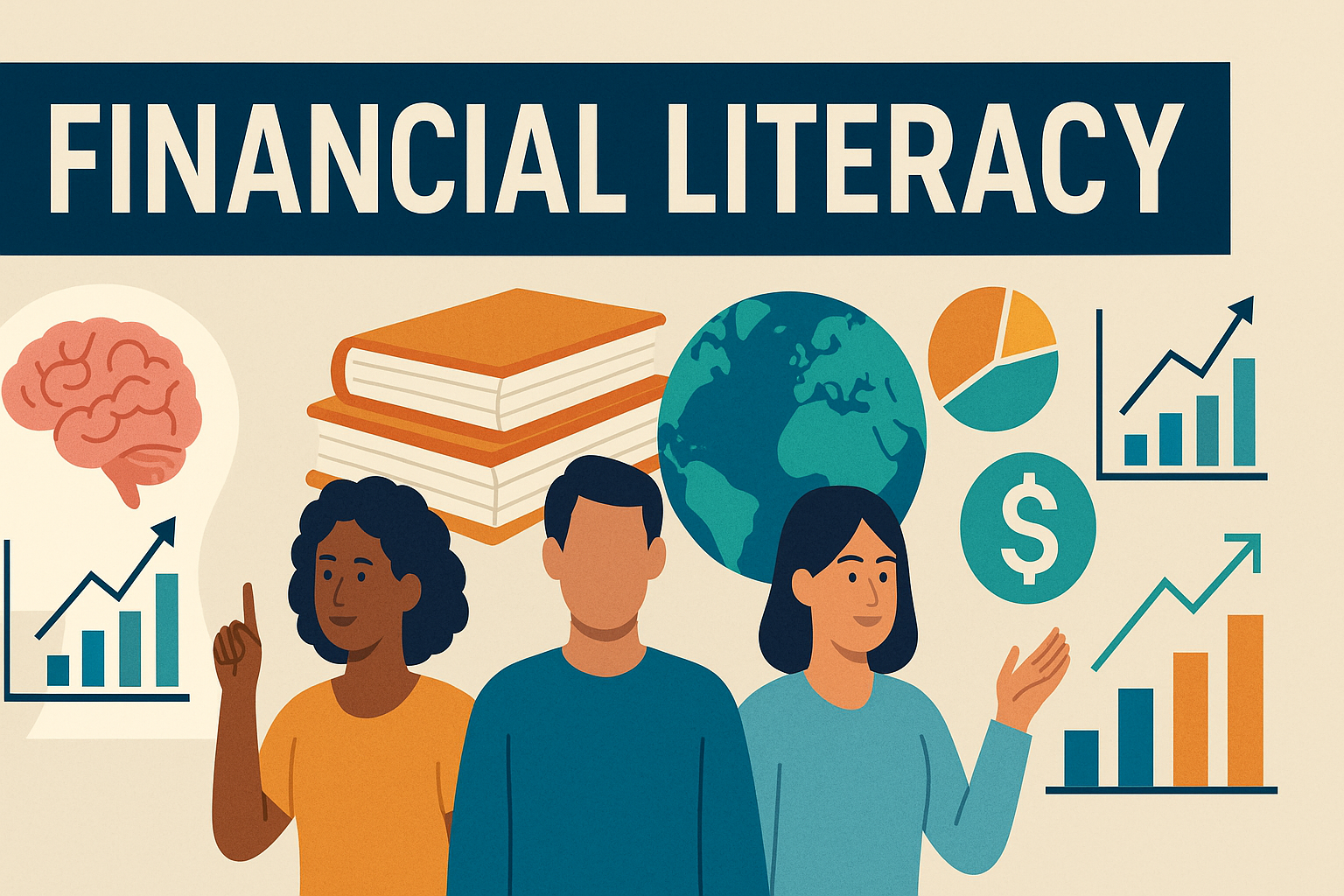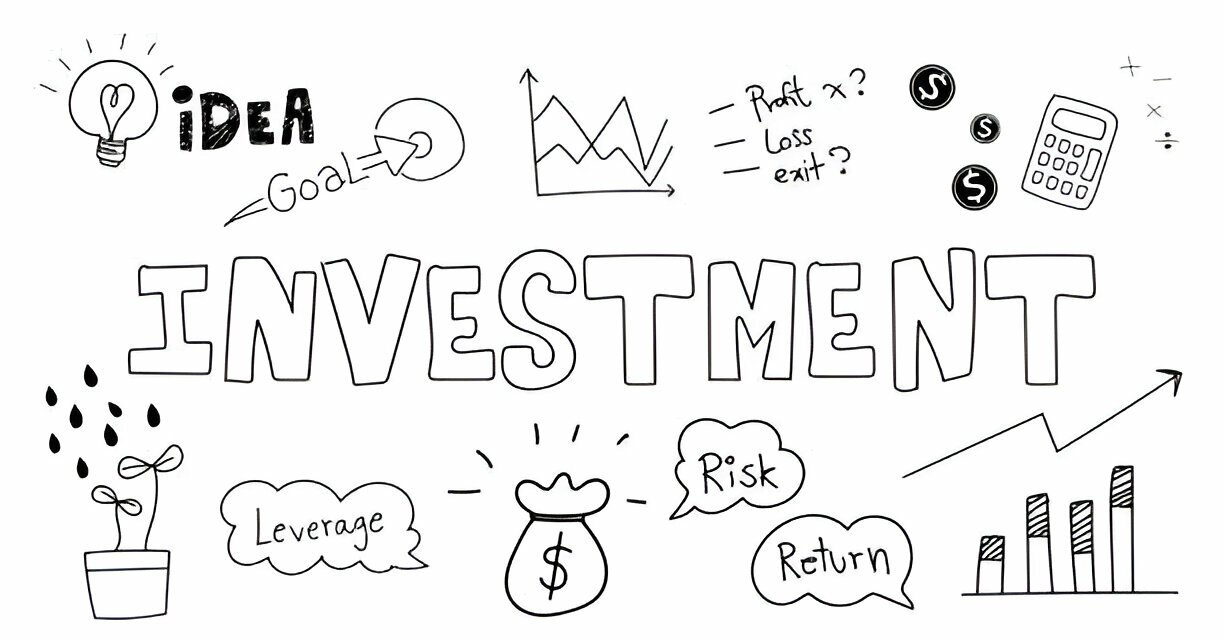Introduction: The Big Decision—Rent or Buy?
Imagine this: You’re sipping your morning coffee, scrolling through Zillow, and dreaming of a place to call your own. A home where you can paint the walls any color, build memories, and never worry about rent increases. But then, reality hits—down payments, property taxes, and the fear of being tied down. Suddenly, renting seems like the stress-free choice, with no maintenance headaches or long-term commitments. So, which is truly the better option?
The decision between renting and buying a home is one of the biggest financial crossroads you’ll ever face. It’s not just about the numbers; it’s about your lifestyle, future goals, and financial stability. Is it smarter to rent and maintain flexibility, or should you invest in a home and build long-term wealth?
In this guide, we’ll break down everything you need to know—cost comparisons, financial impacts, market conditions, and lifestyle considerations—to help you make the right choice. By the end, you’ll have a clear answer to the age-old question: Renting vs. Buying a Home—Which One is Better for You? Let’s dive in! 🚀
2. Renting vs. Buying: Key Differences
Choosing between renting and buying a home is one of the most significant financial decisions you’ll make. Each option comes with distinct financial implications, lifestyle factors, and long-term consequences. Before diving into the pros and cons, it’s important to understand the fundamental differences between renting and buying.
What is Renting?
Renting means paying a landlord for the right to live in a property without owning it. Tenants sign a lease agreement, typically for a fixed term (e.g., 12 months), outlining rental costs, responsibilities, and conditions. Renting offers flexibility, making it ideal for individuals who prefer short-term commitments or those uncertain about where they want to settle.
What is Buying?
Buying a home means purchasing real estate and assuming full ownership. Homeowners can build equity over time, but they also take on responsibilities such as mortgage payments, property taxes, maintenance, and repairs. While it requires a significant financial commitment, homeownership can be a pathway to wealth accumulation and long-term stability.
If you are worried about how to make more money to get your own house or rending a house,
check out this guide: The 28 Best Side Hustles: Our Top Picks to Help You Make More Money
Below is a quick comparison of the key differences:
| Factor | Renting | Buying |
|---|---|---|
| Ownership | No ownership, landlord retains control | Full ownership of the property |
| Equity | No equity, rent payments do not contribute to ownership | Builds equity over time |
| Costs | Lower upfront costs, but rent may increase | Higher initial costs, but fixed mortgage payments |
| Maintenance | Landlord is responsible for repairs | Homeowner is responsible for maintenance |
| Flexibility | Easier to relocate | Less mobility due to homeownership commitment |
3. Financial Aspects: Cost Comparison
One of the biggest considerations when deciding between renting and buying is cost. While renting may seem more affordable in the short term, homeownership can be more financially beneficial over time. Let’s break down the key financial aspects.
Upfront Costs: Renting vs. Buying
Renting usually requires a security deposit, first and last month’s rent, and possibly a pet deposit or application fee. In contrast, buying a home involves a substantial down payment (typically 3-20% of the home’s value), closing costs, and property inspections. These initial expenses make homeownership less accessible for those with limited savings.
Monthly Expenses: Mortgage vs. Rent
Renters make monthly payments to their landlords, which may increase annually based on lease agreements or market trends. Homeowners, on the other hand, must cover mortgage payments, property taxes, homeowner’s insurance, and potential HOA fees. However, fixed-rate mortgages provide more stability compared to fluctuating rent prices.
Long-Term Financial Impact
Over time, homeownership allows individuals to build equity, which can be leveraged for future investments. Renters, however, do not accumulate any financial benefit from their monthly payments. While renting may offer more flexibility, buying is often viewed as a long-term investment strategy.
4. Pros and Cons of Renting a Home
Renting has its advantages and disadvantages. While it offers flexibility, it lacks long-term financial benefits. Let’s explore the pros and cons in detail.
Pros of Renting
- Lower Upfront Costs: Renting requires minimal initial investment, making it accessible for individuals without substantial savings.
- Flexibility to Move: Leases typically last 12 months, allowing renters to relocate easily without the burden of selling a home.
- No Maintenance Responsibilities: Landlords are responsible for property repairs and maintenance, saving renters time and money.
Cons of Renting
- No Equity or Ownership Benefits: Renters do not build wealth through their monthly payments.
- Rent Increases Over Time: Rental prices can rise annually, making long-term affordability unpredictable.
- Limited Control Over Property: Tenants must adhere to lease agreements, restricting customization and modifications.
5. Pros and Cons of Buying a Home
Homeownership is often seen as a financial milestone, but it comes with responsibilities. Here’s a detailed look at its pros and cons.
Pros of Buying
- Builds Equity Over Time: Monthly mortgage payments contribute to ownership, increasing net worth.
- Stability and Personalization: Homeowners have complete control over renovations, décor, and property use.
- Potential Tax Benefits: Mortgage interest and property tax deductions can reduce taxable income.
Cons of Buying
- High Upfront Costs: Down payments and closing costs make homeownership a costly initial investment.
- Market Fluctuations Affect Value: Property values can decline, impacting financial returns.
- Less Flexibility to Move: Selling a home takes time and effort, making relocation more challenging.
6. Lifestyle Considerations: Which is Right for You?
Beyond finances, your lifestyle and future plans play a significant role in deciding whether to rent or buy.
- Career Stability: If your job requires frequent relocation, renting may be the better option.
- Family and Long-Term Plans: If you plan to settle down and raise a family, homeownership offers stability.
- Personal Preferences: Owning a home allows personalization, whereas renting offers flexibility.
7. Market Conditions: When Does It Make Sense to Buy or Rent?
Real estate market trends significantly impact whether buying or renting is more beneficial.
- Interest Rates: Low mortgage rates make buying more affordable, while high rates may favor renting.
- Home Prices vs. Rent Costs: If home prices are inflated, renting may be the better short-term choice.
- Regional Market Variations: Some cities favor renters, while others make homeownership more advantageous.
8. People Also Ask (Common Google Queries Answered)
- Is it smarter to rent or buy a home in 2025?
- How does renting compare to buying in a high-cost city?
- What are the tax benefits of buying a home?
- How long should you live in a house before it’s worth buying?
- Can renting be better than buying in the long run?
Each of these questions helps individuals navigate their decisions based on personal circumstances and economic factors.
9. Tools & Resources to Help You Decide
To assist in making an informed decision, consider the following resources:
- Rent vs. Buy Calculators: Online tools to compare financial outcomes.
- Mortgage Affordability Calculators: Assess home-buying budgets.
- Real Estate Market Reports: Stay updated on trends and pricing.
10. Conclusion: Making the Right Choice for You
Ultimately, the decision between renting and buying depends on personal finances, lifestyle preferences, and market conditions. Renting offers flexibility, while buying provides long-term financial benefits. By evaluating your needs and using financial tools, you can confidently choose the best path for your future.
















Loading comments...
Leave a Comment(Login required)